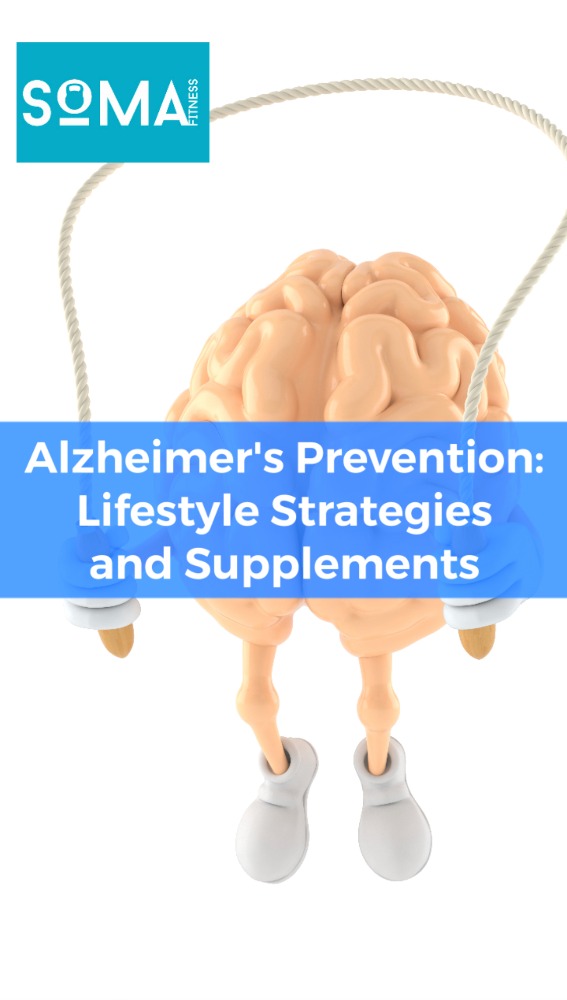The Benefits and Importance of Exercise: Insights from Dr. Peter Attia’s “Outlive”
At our personal training business in Hale, Altrincham, we are passionate about helping our clients achieve their health and fitness goals. One of the foundational elements of a healthy lifestyle is regular exercise. Drawing on insights from Dr. Peter Attia’s book, “Outlive: The Science and Art of Longevity,” we delve into the profound benefits of exercise and why it is a critical component of a long, healthy life.
The Science of Longevity
Dr. Peter Attia, a renowned physician focusing on the applied science of longevity, emphasizes that exercise is one of the most potent tools we have to extend both lifespan and healthspan. Healthspan refers to the period of life spent in good health, free from chronic diseases and debilitating conditions. According to Dr. Attia, regular physical activity is not just about adding years to your life but also adding life to your years.
Key Benefits of Exercise
- Cardiovascular Health
Regular exercise strengthens the heart and improves circulation. Dr. Attia highlights that cardiovascular disease remains the leading cause of death worldwide, but engaging in consistent physical activity can significantly reduce the risk of heart attacks, strokes, and other cardiovascular events. Exercise helps lower blood pressure, reduce bad cholesterol levels, and increase good cholesterol levels, all of which contribute to a healthier heart.
- Metabolic Health
Exercise plays a crucial role in managing weight and preventing metabolic diseases such as type 2 diabetes. Dr. Attia points out that physical activity increases insulin sensitivity, which helps regulate blood sugar levels more effectively. This is particularly important in a world where sedentary lifestyles and poor dietary choices are leading to a rise in metabolic disorders.
- Musculoskeletal Health
Maintaining strong muscles and bones is essential for overall health and mobility, especially as we age. Resistance training, in particular, is beneficial for building and preserving muscle mass, enhancing bone density, and preventing conditions like osteoporosis. Dr. Attia emphasizes that a robust musculoskeletal system not only improves physical performance but also reduces the risk of falls and fractures in older adults.
- Mental Health
The benefits of exercise extend beyond the physical body to the mind. Regular physical activity has been shown to reduce symptoms of depression and anxiety, improve mood, and enhance cognitive function. Dr. Attia discusses how exercise promotes the release of endorphins and other neurotransmitters that positively affect mental health. It also improves sleep quality, which is crucial for mental well-being.
- Longevity
One of the most compelling arguments for regular exercise is its impact on longevity. Dr. Attia’s research indicates that individuals who engage in regular physical activity tend to live longer, healthier lives. Exercise helps mitigate the effects of aging at the cellular level, reducing inflammation, and promoting cellular repair mechanisms.
Implementing Exercise into Your Life
Understanding the benefits of exercise is one thing, but implementing it into your daily routine is another. Here are some practical tips inspired by Dr. Attia’s recommendations:
- Find Activities You Enjoy
The best exercise is the one you enjoy and can sustain over the long term. Whether it’s walking, cycling, swimming, or resistance training, choose activities that you find fun and engaging.
- Consistency is Key
Regular, consistent exercise is more beneficial than sporadic intense workouts. Aim for at least 150 minutes of moderate-intensity exercise or 75 minutes of high-intensity exercise per week, as recommended by health guidelines.
- Mix It Up
Incorporate a variety of exercise types into your routine, including aerobic exercises, strength training, flexibility exercises, and balance training. This comprehensive approach ensures that you are addressing all aspects of fitness and health.
- Set Realistic Goals
Start with small, achievable goals and gradually increase the intensity and duration of your workouts. This helps build confidence and reduces the risk of injury.
- Seek Professional Guidance
Working with a personal trainer can provide the structure, motivation, and expertise needed to develop an effective and safe exercise program. Our trainers in Hale, Altrincham, are here to support you every step of the way.
Hale personal training – personal trainer Altrincham – personal trainer near me – personal training Bowdon.



Recent Comments